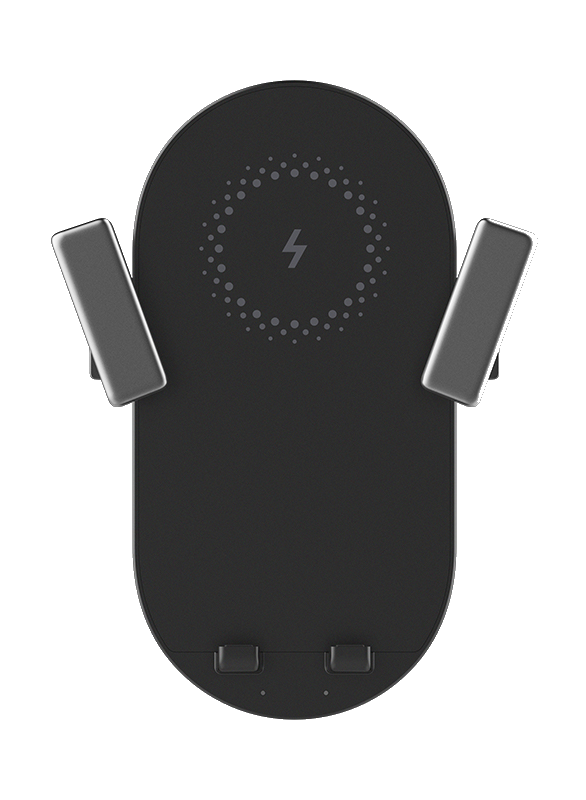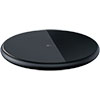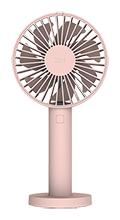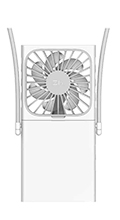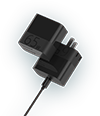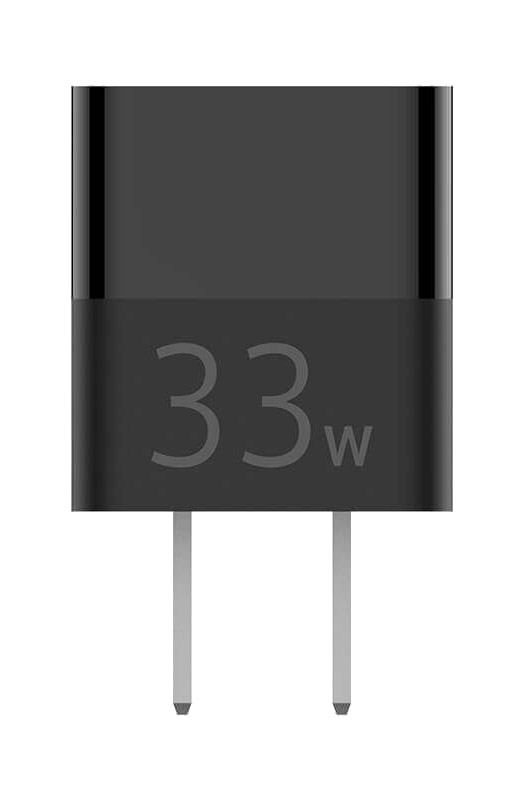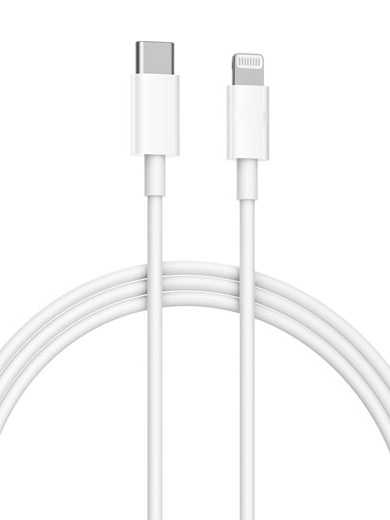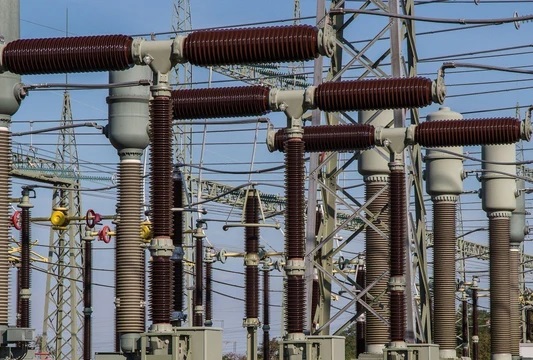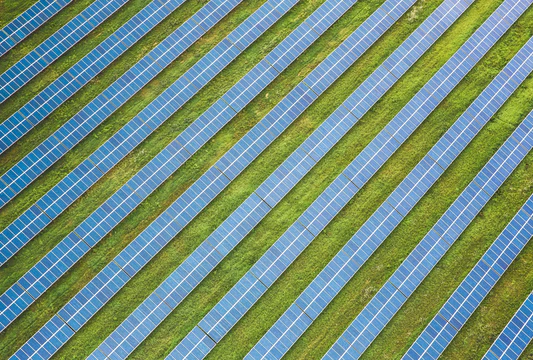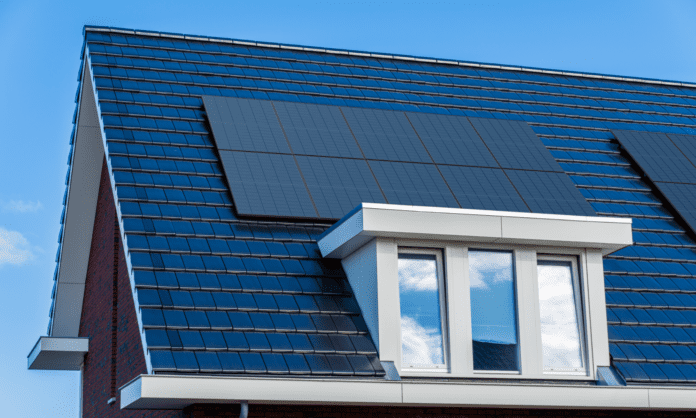If you're new to solar panels and generators, the technology and setup process may appear daunting. That's why we've created this guide to cover the fundamentals of solar panels and solar generators. We'll start with the basics, and then delve into understanding how solar energy works and the different types of solar panels and generators available.
Solar Panels 101
This section offers insight into what solar panels are, how they operate, and the various types accessible in the market. What are Solar Panels?
Solar panels convert solar energy into electricity. They're composed of solar cells constructed from semiconductor substances like silicon. As sunlight touches these cells, it releases electrons, creating an electric current that powers electrical appliances. Solar panels come in different sizes and configurations, from small portable panels that can charge mobile devices to large-scale installations that can power buildings or even cities. The most popular kind of solar panel is the flat-plate panel, which features multiple solar cells arranged in a grid-like pattern and encased in a weather-resistant exterior.
How Do Solar Panels Work?
Solar panels capture and transform renewable sunlight into usable electrical energy to power electrical devices. The panels are constructed from individual solar cells comprising layers of silicon, boron (which provides a positive charge), and phosphorous (which provides a negative charge). The panels absorb photons from the sun, producing an electric current via the photovoltaic effect. This energy created enables electrons to be released from their atomic orbits when photons hit the solar panels' exterior, moving into the electric field produced by the solar cells. The metal plates on either side of each solar cell collect the electrons pushed out by the electric field and channel them into the connecting wires. At this stage, the electrons move through the metal wires as electricity to a solar inverter supplying energy to your home.
Types of Solar Panels
There are several different types of solar panels, each with its unique characteristics, advantages, and disadvantages. Here are some of the most common types of solar panels:
Monocrystalline Solar Panels
Made from a single, high-purity silicon crystal, monocrystalline solar panels are highly efficient at converting sunlight into electricity, with an efficiency ranging from 15% to 20%. They conduct electricity more efficiently than other similar-sized panels, work better in the shade and high temperatures, and are durable and long-lasting. However, they tend to be more expensive.
Polycrystalline Solar Panels
Polycrystalline solar panels are made from fragments of several silicon crystals that are heated, melted, and compressed to create a large solar panel. These blue-colored panels have a non-uniform, gem-like, and multifaceted surface, and are typically less efficient than monocrystalline solar panels, with an efficiency between 12% and 16%. Nevertheless, they are less expensive and widely available internationally, particularly due to China's production boom over the past few years.
Thin Film Solar Panels
Thin film solar panels consist of a thin layer of photovoltaic material or a combination of materials, such as copper indium gallium selenide, cadmium telluride, or non-crystalline amorphous silicon, deposited onto glass or metal. These black-colored solar panels are typically bigger and less efficient, with an efficiency ranging from 7% to 13%. However, they are easy to manufacture, low-cost, portable, lightweight, and flexible. Nevertheless, they are less durable than other solar panel types, and their lifespan is shorter.
Solar Generators 101
In this section, we will explore the basics of solar generators and understand how they work.
What Are Solar Generators?
Solar generators are devices that convert solar energy from the sun’s rays into electrical energy. This energy can be used to power various electronic devices and appliances. Solar generators usually consist of solar panels, a battery, a charge controller, and an inverter. They typically have multiple outputs for charging several devices simultaneously.
There are different types of solar generators available on the market. These range from small portable units that can power a single device to larger units that can provide enough power to run an entire home or cabin. The size and capacity of a solar generator depend on the amount of power needed, the length of time it will be used, and the number of devices that will be powered.
How Do Solar Generators Work?
A solar generator functions by generating electricity using sunlight and storing it in a battery for later use. Here’s a more in-depth breakdown of the process:
The solar panels transform the energy from the sun into direct current (DC) electricity, which is passed to the charge controller.
- The charge controller monitors the electricity’s voltage before storing it in the battery, making sure that the correct amount of current enters the battery.
- The battery stores the solar power for later use.
- The inverter transforms the energy stored in the battery to alternating current (AC) electricity, which most devices and appliances use.
Applications of Solar Generators
Here are some of the most common applications of solar generators:
Emergency Backup Power
Solar generators can provide reliable backup power during power outages caused by natural disasters, such as hurricanes, earthquakes, and floods. They can power essential devices like lights, refrigerators, and communication devices, keeping people connected and safe during emergencies.
Remote Power Supply
Solar generators are ideal for powering remote locations where access to the electrical grid is limited or non-existent. These devices can be used to power scientific instruments, communication systems, and off-grid homes, making it possible for people to live and work in remote areas.
Outdoor Activities
Solar generators are a popular power source for outdoor activities like camping, hiking, and RVing. You can use solar generators to power devices such as lights, fans, and refrigerators, making your trips more comfortable and convenient.
Mobile Power
Solar generators can power mobile devices like smartphones, laptops, and tablets, allowing you to work and communicate while on the go. They can also be used to power electric vehicles and boats, providing a sustainable alternative to traditional gasoline engines.
Benefits of Solar Panels and Generators
There are plenty of benefits to using solar panels and generators. Here are a few:
Cost Savings
Solar panels and generators can help you save money on your energy bills by reducing your reliance on grid electricity. Installing a solar panel system or generator allows you to generate your own electricity for free from the sun, reducing your energy costs over time.
Renewable and Clean Energy
Solar energy is a renewable and clean source of energy. Unlike traditional fossil fuels, it does not produce harmful emissions, making solar energy an environmentally friendly option for power generation.
Energy Independence
With solar panels and generators, you can become more independent from the grid and have greater control over your energy usage. This is particularly useful in areas where the grid is unreliable or expensive.
Low Maintenance Requirements
Solar panels and generators require very little maintenance, making them a low-cost option for power generation. The panels are durable and can last up to 25 years with minimal maintenance, while the generators require only occasional cleaning and battery replacement.
Versatile Applications
Solar panels and generators can be used in a wide range of applications, from powering homes and businesses to providing energy for outdoor activities and remote locations. They can also be used in a variety of settings, from urban areas to rural communities.
Social Benefits
Solar panels and generators can provide significant social benefits, such as increased access to electricity in underdeveloped regions and improved energy security in areas prone to power outages. Additionally, solar energy can create jobs in the renewable energy industry, providing economic benefits as well.
How to Choose the Right Solar Panels and Generators?
Selecting the right solar panels and solar generators can be influenced by several factors such as your power requirements, location-specific conditions, and budget. Here are a few key considerations to keep in mind when choosing solar panels and solar generators:
Power Requirements
The primary step when choosing a solar panel or solar generator is to identify your power needs. This involves estimating the amount of electricity you would need to power your appliances and devices. You can use online calculators or consult with a solar energy professional to help you in determining your power requirements.
Solar Panel Efficiency
Higher efficiency solar panels generate more power but may be more expensive. Evaluate how much power you require and the available sunlight in your region to select the most efficient panel for your needs.
Battery Capacity
The battery capacity of a solar generator establishes the amount of energy it can store and generate. Decide the appropriate battery capacity for your needs by considering the duration for which you intend to run the solar generator and the amount of power your appliances and devices need.
Portability
If you plan to use your solar generator for outdoor pursuits like camping or hiking, consider its portability level. Look for compact and lightweight models that are easy to transport.
Durability
Since solar panels and solar generators are typically exposed to weather conditions, it is important to choose models that are durable and can withstand harsh weather. Choose models with strong frames and weather-resistant materials to ensure their resilience in tough weather conditions.
Cost
The cost of solar panels and solar generators can vary immensely. Keep your budget in check and search for models that offer the best value for your money.


